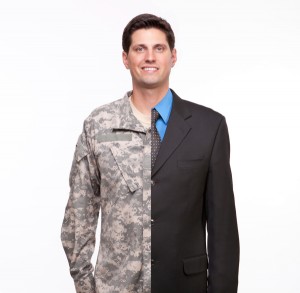By Dr. Michael L. Beshears, professor of Criminal Justice at American Military University
*This article is part of In Public Safety’s September focus on career transitions*
As a retired senior non-commissioned officer, I understand the military can offer a great life and that it’s important for those in the military to think about what life will be as a civilian.

I replied: “Yes, hopefully, that and many more, if possible.”
He then said: “Then you have a decision to make: You can be 40 years old with or without a college degree. I am 40 years old. I am getting ready to retire and I do not have a college degree. I am scared to death because I have no idea what I am going to do in the civilian world.
He then said, “Think about it, Mike” and walked away.
I did think about it. I thought about it a lot in fact. I had taken a few college classes off and on, but had previously thought there was no rush to earn a degree. But I could not get my first sergeant’s words out of my head. This prompted me to speak with my older brother, a senior non-commissioned officer in the Navy. He had a bachelor’s degree and encouraged me to think beyond the military and towards my life as a civilian.
In the fall of 1998, I retired from the military with an associate’s degree, two bachelor degrees, and a graduate degree. I was not 40 years old, but I was ready for life beyond the military.
Since my retirement, I have earned another graduate degree and a doctorate degree. I owe this to the advice I received. I wish to pass on this advice to those still in the military and to veterans who are transitioning to the civilian workforce.
The advice is simple: It is not too late to earn a college degree.
Since military retirement, I have devoted my life to teaching and assisting others to achieve their educational goals. I know what it is like to balance work and a family while earning a degree. It takes determination, but it can be accomplished. I did it. You can too!

Comments are closed.